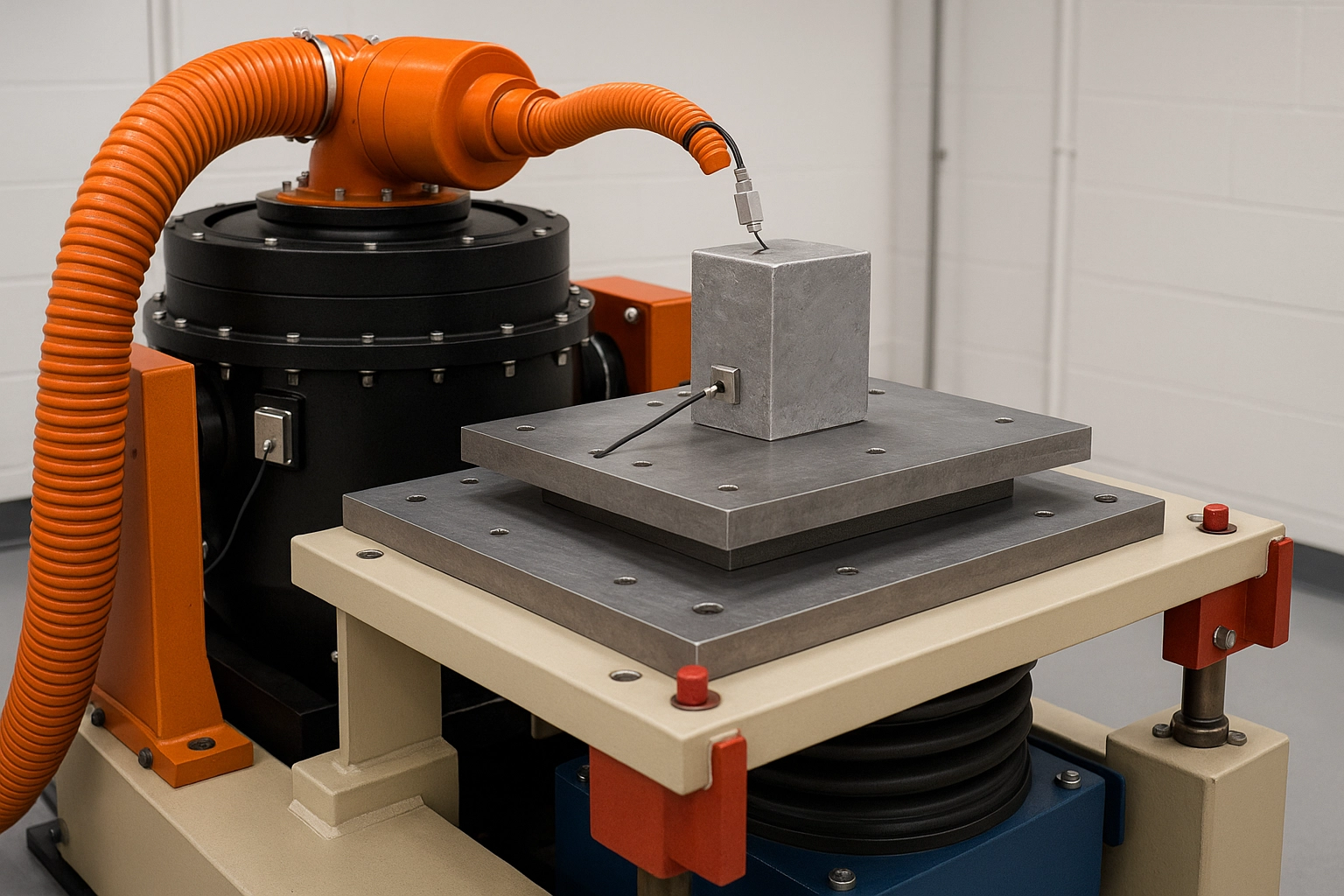GMN 15678 Mechanical Shock Test for Automotive Fuel Components
The GMN 15678 mechanical shock test is a critical procedure used to evaluate the durability and integrity of automotive fuel components such as fuel pumps, injectors, and filters. This test ensures that these components can withstand the harsh environmental conditions they encounter during vehicle operation without compromising performance or safety.
During this test, the specimen is subjected to controlled mechanical shock forces that simulate real-world impacts experienced by automotive fuel systems. The primary objective is to determine whether the component will retain its operational efficiency and reliability after exposure to these shocks. Compliance with GMN 15678 is essential for manufacturers aiming to meet stringent quality standards set by leading automobile brands.
The test setup typically includes a specialized shock testing machine capable of generating precise levels of shock force within specified parameters. The specimen must be securely mounted on the machine, ensuring it remains aligned throughout the test. Environmental conditions such as temperature and humidity are controlled to simulate typical operating environments.
Test results are analyzed based on predefined acceptance criteria that assess various aspects including seal integrity, leakage detection, and functionality checks. Failure to meet these criteria indicates potential issues with the component's design or manufacturing process which could lead to premature failure in actual use.
The GMN 15678 mechanical shock test plays a vital role in ensuring product quality by providing objective evidence of how well components can endure stress without degradation. This information is invaluable for R&D teams working on improving fuel system performance and reliability, as well as for compliance officers responsible for verifying adherence to industry regulations.
For procurement professionals considering suppliers, this test serves as an important criterion when evaluating potential partners. By ensuring that all parts meet rigorous testing standards like GMN 15678, companies can enhance their reputation for producing high-quality automotive fuel components.
| Applied Standards |
|---|
| GMN 15678 |
Why It Matters
The GMN 15678 mechanical shock test is crucial because it helps identify potential weaknesses in automotive fuel components before they reach consumers. By subjecting the specimens to controlled shocks, engineers can pinpoint areas where improvements are needed, leading to safer and more reliable vehicles.
Compliance with this standard also enhances brand reputation by demonstrating a commitment to producing top-tier products that meet international quality benchmarks. It ensures that manufacturers adhere to industry best practices, thereby gaining trust from both consumers and regulatory bodies.
The test results provide valuable insights for R&D teams who use them to refine designs and enhance functionality. This continuous improvement process ultimately contributes to better overall vehicle performance and safety.
For procurement personnel, ensuring suppliers meet these stringent testing requirements is essential in maintaining consistent product quality across the supply chain. It ensures that every part used in manufacturing meets the highest standards of durability and reliability.
Applied Standards
The GMN 15678 mechanical shock test aligns with several internationally recognized standards aimed at ensuring product quality and safety in automotive applications. These include:
- GMN 15678: Specification for Mechanical Shock Testing of Automotive Fuel Components
- ISO 20449: Road vehicles - Fuel system components - Environmental testing methods
The rigorous nature of GMN 15678 ensures that all automotive fuel components undergo thorough evaluation under simulated shock conditions. This aligns with broader industry practices outlined in ISO standards, enhancing overall product reliability.
| Applied Standards |
|---|
| GMN 15678 |
| ISO 20449 |
Quality and Reliability Assurance
To ensure consistent quality and reliability, several key practices are employed during the GMN 15678 mechanical shock test:
- Specimen preparation: Components must be cleaned thoroughly to remove any contaminants that could affect test results.
- Instrumentation calibration: All testing equipment is calibrated regularly to guarantee accurate measurements.
The following list highlights additional measures taken to maintain high standards:
- Environmental control: Temperature and humidity levels are carefully monitored and adjusted to match real-world conditions.
- Data recording: Detailed records of each test run are maintained for future reference and analysis.
These stringent quality assurance protocols contribute significantly towards achieving reliable outcomes from the GMN 15678 mechanical shock tests conducted at our facility.





